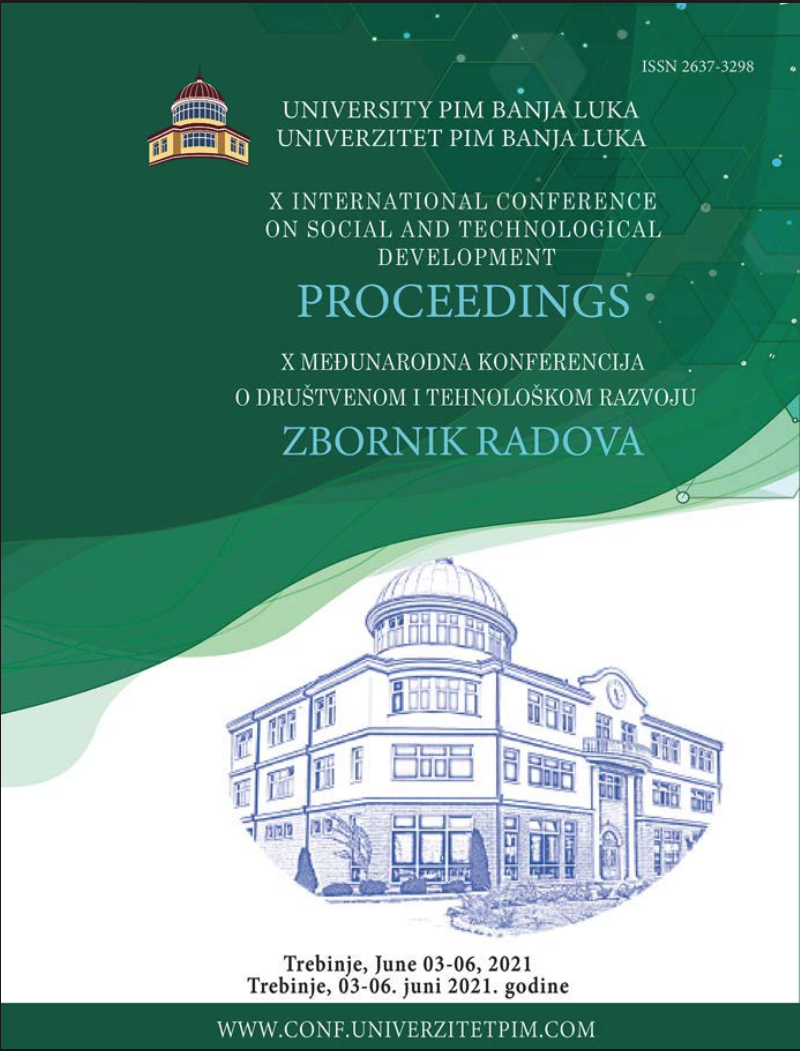
This is an open access article distributed under the Creative Commons Attribution License which permits unrestricted use, distribution, and reproduction in any medium, provided the original work is properly cited.
Faculty of Economics in Subotica, University of Novi Sad , Novi Sad , Serbia
University of Novi Sad , Novi Sad , Serbia
The COVID-19 virus pandemic has begun to spread at an accelerated pace since its outbreak in December 2019, causing significant negative effects globally. The effects of the pandemic are still present today, resulting in negative consequences for food systems, with direct and indirect implications for the lives of all, especially the poorest and most vulnerable communities. Hundreds of millions of people were poor and malnourished even before the outbreak of the pandemic, and if appropriate measures and actions are not taken, these numbers are expected to increase globally. The aim of this paper is to analyze the consequences of the pandemic on global communities, their food security, poverty and social exclusion. In the long run, the combined effects of COVID-19 itself, appropriate mitigation measures and a new global recession could, without coordinated action, disrupt food systems and deepen (already existing) poverty and social exclusion of certain individuals, groups and/or communities. The results of the research propose measures to mitigate the negative effects of the pandemic on food security, poverty and social exclusion, which can be a fertile basis for creating appropriate (social) policies that will be in line with the Millennium Development Goals.
The statements, opinions and data contained in the journal are solely those of the individual authors and contributors and not of the publisher and the editor(s). We stay neutral with regard to jurisdictional claims in published maps and institutional affiliations.